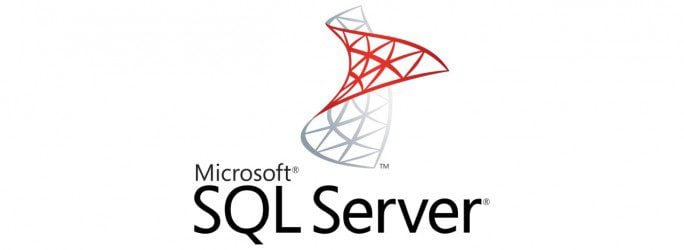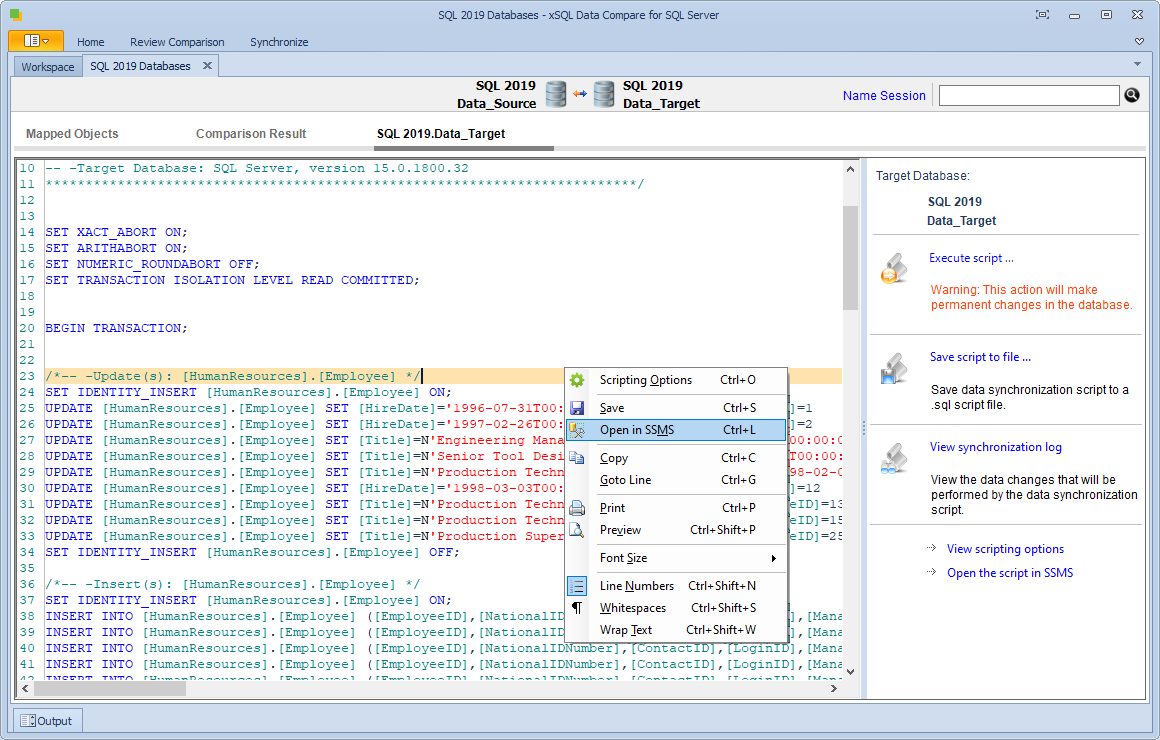

#Sql database code#
Effectively CollaborateĬollaborate with your team with version control, reverse-engineering, and source code repository capabilities.

The SQL Debugger features basic execution, line-by-line execution, breakpoint support, and other common debugging features. SQL Debugger simplifies the task of finding coding errors and lets you debug SQL Server, Oracle, Sybase or Db2 stored procedures and functions. The IDE is also equipped with SQL code assist, real-time SQL syntax validation, and project level SQL file cataloging and search features. Real-time quick fixes flag and correct inefficient SQL automatically. The SQL IDE is a development environment, ideal for creating and modifying SQL code geared to the needs of application developers. Rapid SQL gives you the ability to construct complex SQL statements with point-and-click ease using the Visual Query Builder.

Save time and start developing SQL code immediately with Visual Query Building tools. Manage multiple Oracle-specific schema object types and SQL Server advanced object properties including in-memory tables, natively compiled triggers / procedures / functions, column-store indexes, data compression, temporal tables, and data masking. Reduce training requirements and streamline collaboration among teams across the organization.
#Sql database how to#
Normalization of Databases: we will show you the theory behind normalization AND together we will practice how to normalize a Database step-by-step OLAP vs OLTP databases (Online Analytics Processing & Online Transaction Processing): you will understand exactly how and why the designs of these two types of Databases differ The unique advantage of this course is that in addition to learning SQL you will also master the concepts of Database Design. Oracle, SQL Server or MySQL), you will find that the skills you learn in this course are easily transferable.īut there are many SQL courses out there, so the question is: In this course you will learn how to create queries in a popular variation of SQL called PostgreSQL.Īnd even if at your workplace you are using a different variation (e.g. SQL stands for Structured Query Language and this is one of the main tools used to organize databases, input data into them and extract it on request. In that case, inevitably you are going to encounter databases in your work. Are you interested in a career in Data Science or Data Analytics?


 0 kommentar(er)
0 kommentar(er)
